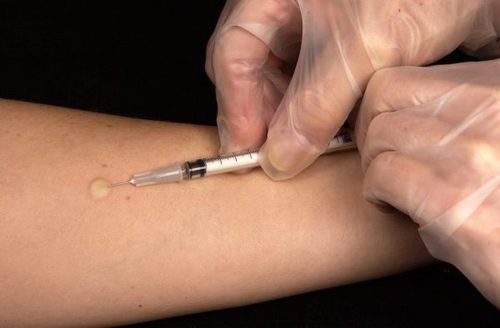At the time of the follow-up interview, ranging from about seven to nine months after discharge from hospital, 24.3 per cent of participants had persistent symptoms, among which fatigue (10.7 per cent), sleep disturbance (6.9 per cent) and sensory problems (5.6 per cent) were the most common.
Children hospitalised with coronavirus could be at risk of long Covid symptoms such as fatigue and loss of smell for months afterwards, according to a study.
Researchers arranged follow-up interviews with the parents of 518 children admitted with suspected or confirmed Covid-19 to ZA Bashlyaeva Children’s Municipal Clinical Hospital in Moscow, Russia, between April and August 2020.
They discovered a quarter of the children had persistent symptoms several months after returning home, with almost one in 10 experiencing “multi-system involvement”.
Parents of some participants also reported emotional and behavioural changes in their children after Covid-19.
According to the team of scientists, which included researchers from the UK, Ireland, Italy, Germany, Russia and the US, children over the age of six appeared to be at greater risk of persistent symptoms, as did those with a history of allergies.

However, the study, which has not yet been peer reviewed, found the prevalence of most symptoms declined over time.
While 15.8 per cent reported fatigue at the time of discharge, this fell to 11.1 per cent six to seven months later, while altered smell fell from 8.7 per cent to 5.4 per cent, and change in sense of taste from 5.6 per cent to 3.8 per cent.
The study authors wrote: “Although many children experienced symptoms, such as fatigue, disturbed smell and taste, sleep and respiratory problems, hair loss and headaches at the time of the hospital discharge, we witnessed a steady decline in the symptom prevalence over time.
“This was particularly evident for fatigue and smell disturbance.
“Prevalence of some symptoms such as headache, and sleep problems did not decline over time, which may be driven by psychological mechanisms rather than pathophysiologic virus infection effects.”



